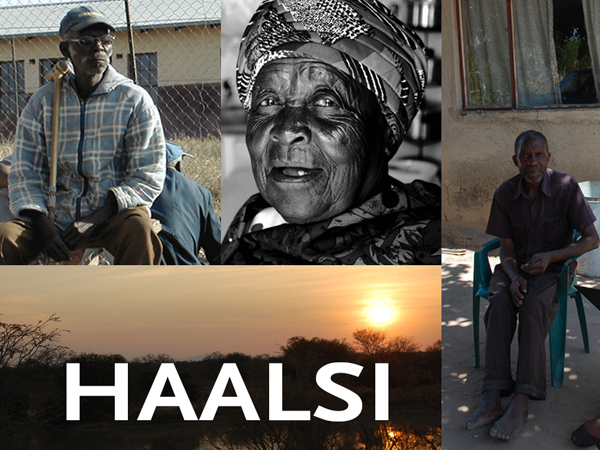Three studies by HAALSI researchers based on a rapidly aging population in rural South Africa are contributing to the much-needed scientific literature on global cognitive aging.
- A study published in Alzheimer’s & Dementia: Diagnosis, Assessment & Disease Monitoring found that a multidisciplinary, web-based consensus conference approach for diagnosing cognitive impairment and dementia in rural South Africa was feasible, and identified the key factors responsible for diagnostic variability among raters.
- In the Journal of Aging & Social Policy, HAALSI researchers aim to parse out the causal relationship between cash transfers and cognitive function, and find evidence of a potential benefit of cash transfers at an early age to help support healthy cognitive aging.
- In Communications Biology, a study reports on the discovery of a novel, African-specific, common variant: “This African genome-wide association study identifies suggestive associations with general cognition and domain-specific cognitive pathways, and lays the groundwork for further genomic studies on cognition in Africa.”
